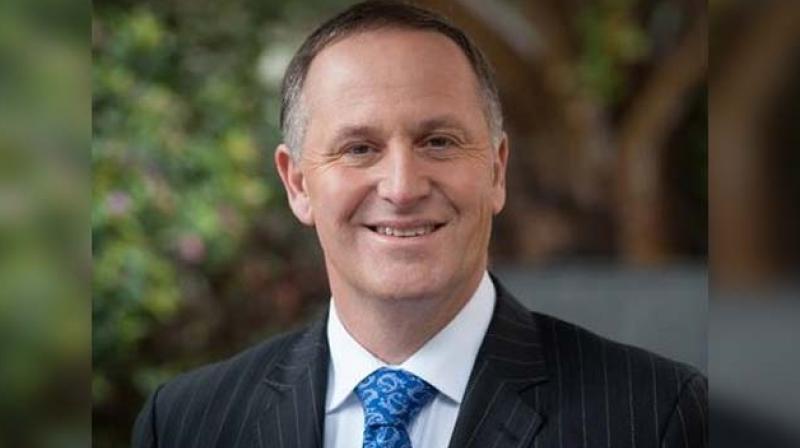Three-way battle to replace Key as New Zealand Prime Minister

Wellington, New Zealand: Three MPs, including the deputy leader, put their hand up Tuesday to be New Zealand's next prime minister following the bombshell resignation of the popular John Key.
Deputy Prime Minister Bill English and Health Minister Jonathan Coleman both confirmed they would contest the leadership following a government caucus meeting, with Police Minister Judith Collins throwing her hat in the ring about two hours later.
Three-term leader Key endorsed English as his successor after announcing Monday he was stepping down to spend more time with his family.
The National Party is expected to vote on its new leader next week, ahead of the country going to the polls next year.
The 54-year-old English, from a farming background, lacks the charisma of the affable Key but is recognised as the economic brain who guided the centre-right administration through the global financial crisis.
"I am announcing today that I will be a candidate for the leadership of the National Party," English said.
"I can see fantastic opportunities for stronger economic performance, for spreading the benefits of growth for all New Zealanders and for getting stuck into some of our most retractable social problems."
Although snap polls in local news media supported Key's decision to back his long-time deputy, the 50-year-old Coleman said it was time for a change.
"I am seeking party leadership and I am absolutely up for the challenge. I believe I've got the energy, I've got the relative youth on my side, and I am absolutely focused on winning this leadership contest," he said.
"I feel it needs generational change, it's going to need new thinking in policy areas, it's going to need new personnel."
Collins, 57, argued the National Party needed the best person at the helm "and I believe I'm that person".
"It's going to need someone who can make decisions, who can think on their feet, who can make hard calls and who can connect to New Zealanders, whether they're women, men or of any ethnicity -- and I believe I can do that," she said.
English is a veteran MP, having entered parliament in 1990 and he was at the helm of the National Party when it suffered its worst election defeat in 2002.
Coleman was first elected to parliament 11 years ago after practising as a doctor in New Zealand, Britain and Australia. In 2014, he became the first doctor in 70 years to be responsible for New Zealand's health portfolio.
Collins was seen as a high-flyer when she entered parliament in 2002 but resigned as a cabinet minister in 2014 after a leaked email alleged she had undermined the work of a senior civil servant. She was restored as a minister a year ago.

